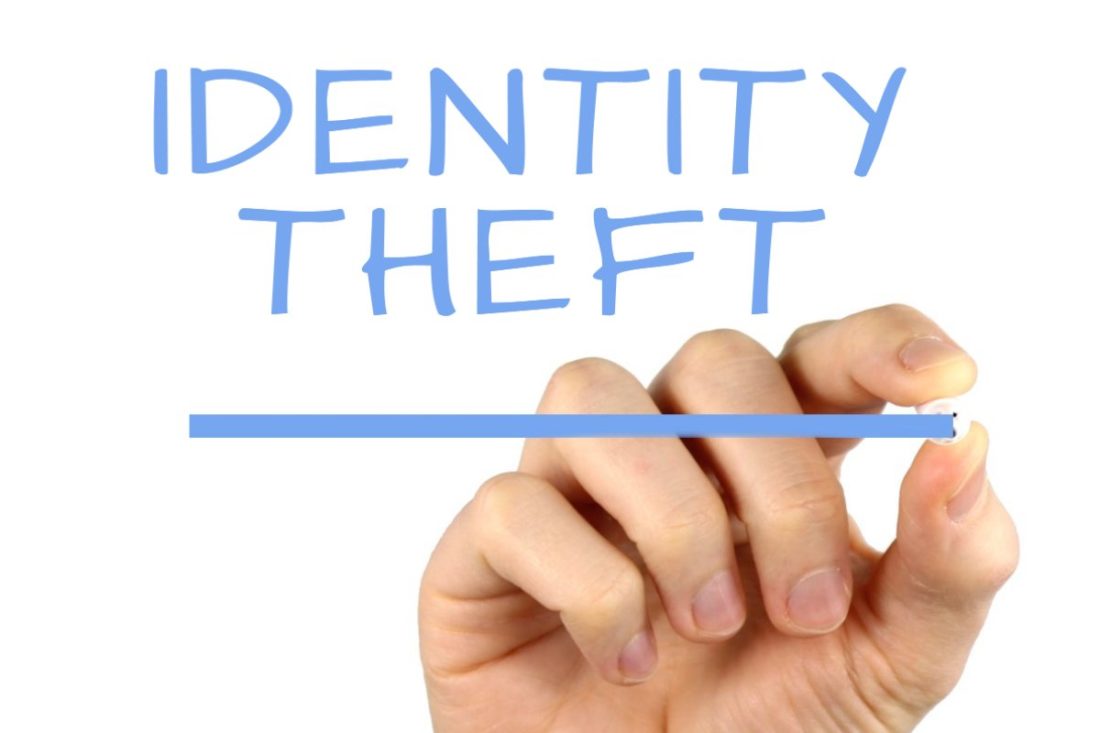Will Your Family Be the Next Identity Theft Victims?

How protected are you and your family against identity theft?
While that may not be an easy question to answer, try to have as much protection possible.
It only takes one successful strike against you to render your finances useless for a period. From a credit card being worthless to losing a lot of money in one or more financial accounts, you could get hurt.
That said what is your family doing to lower the odds of being next?
Don’t Let Identity Theft Sneak up on You
To lessen the chances of being the next victims, take the time to review your protection system in place.
Do you have Identity Guard theft protection or another well-known brand protecting you?
With the right identity theft protection, you are able to stay one step ahead of thieves. This is especially important given all the ways a criminal can get into your financial world.
Among some of the more common tricks identity theft thieves will deploy:
- Hacking online – Make sure to protect your digital footprints and those of your family. Do you have a common login username/password for your online banking efforts? What about to check out your online retirement fund account? If so, you could be setting you and your loved ones up for trouble. Make sure to not only come up with hard to decipher user names and passwords, but also change them on occasion. This will lessen the chances someone can hack into your online financial information. Also, don’t use public computers such as those in libraries to do sensitive financial tasks.
- Watching your moves – Do you go to the bank often? If so, are you someone known to leave sensitive financial information sitting around? Doing so can be another open invitation to trouble. Always make sure to not be writing down account numbers etc. with others right around you. The best-case scenario is to fill out the information before you come to the bank. Get a bunch of deposit or withdrawal slips on your next visit to the bank. By doing this, you can fill each one out at home or somewhere else private before setting foot in the bank.
- Rummaging in trash – Thieves love to dig in trash cans for discarded credit card receipts and more. To lessen your chances of having that info end up in the wrong hands, make sure you shred that data when done with. This way, you are all but guaranteed no one is going to be able to figure out your account information. If you do not have access to a shredder where you are at, wait until you get to one at work or home to discard the data.
With all your family could lose with a successful financial breach, do your best to stay a step ahead of the bad guys.
When you do, you can leave them far enough way that they are unlikely to hurt you and your loved ones.









